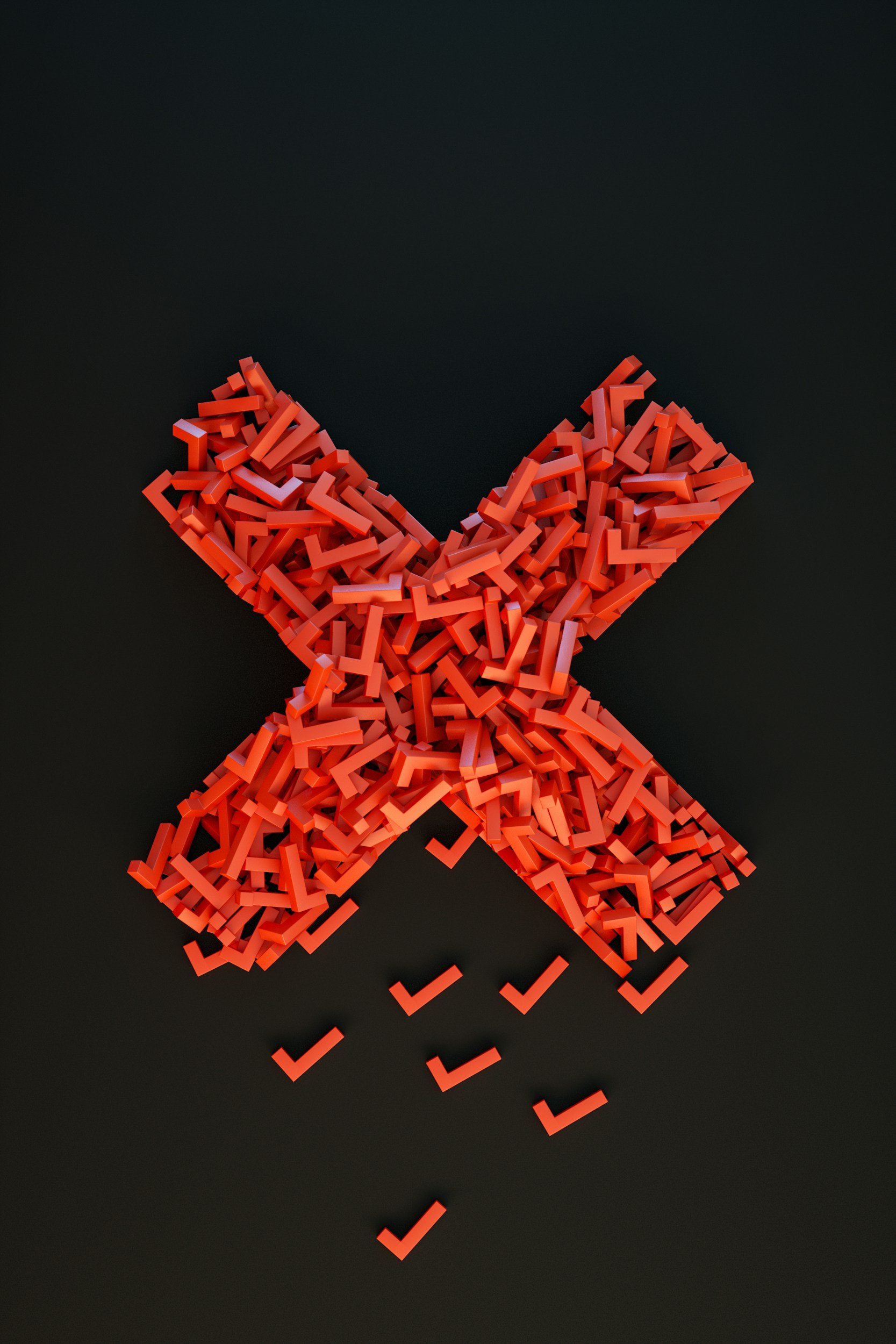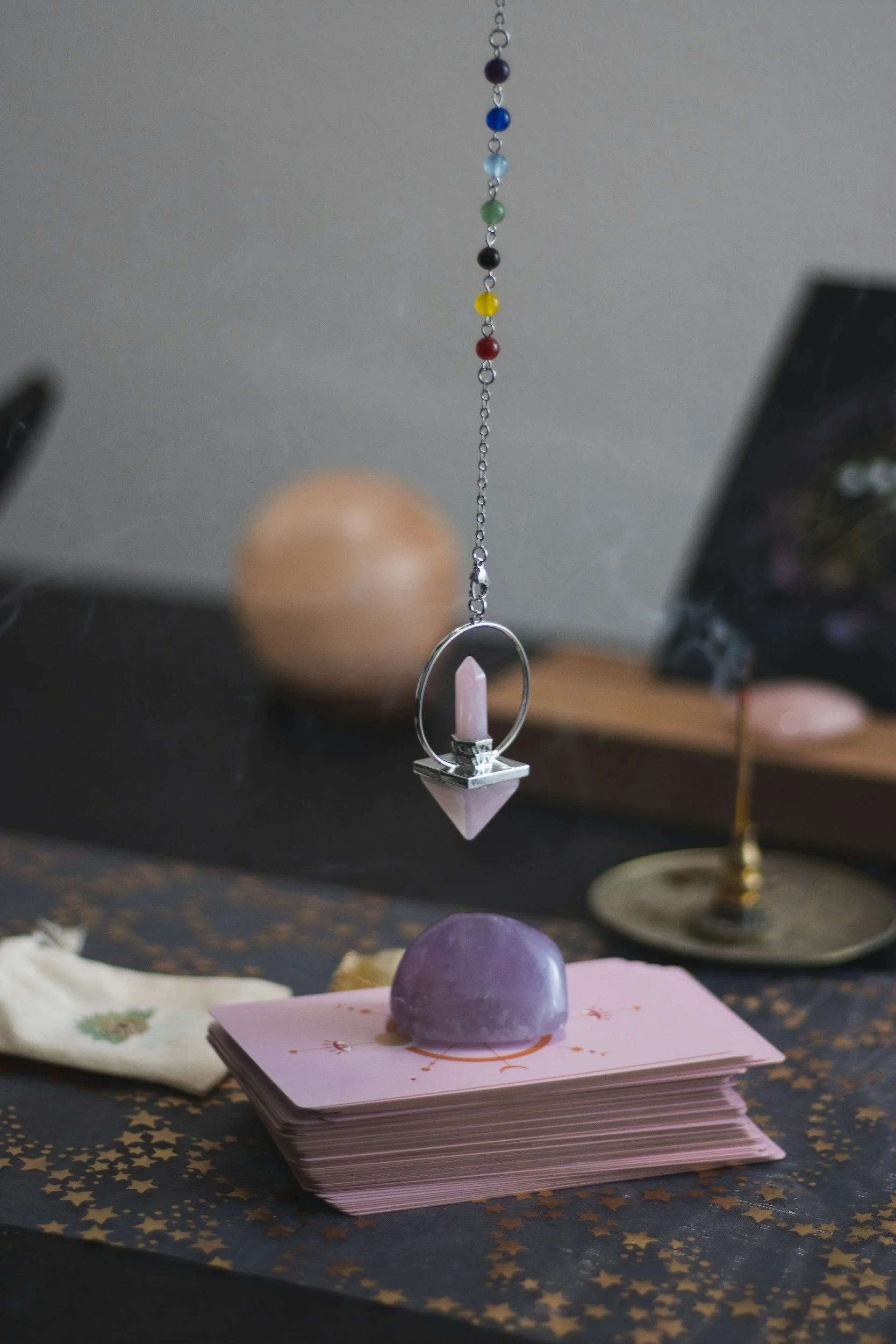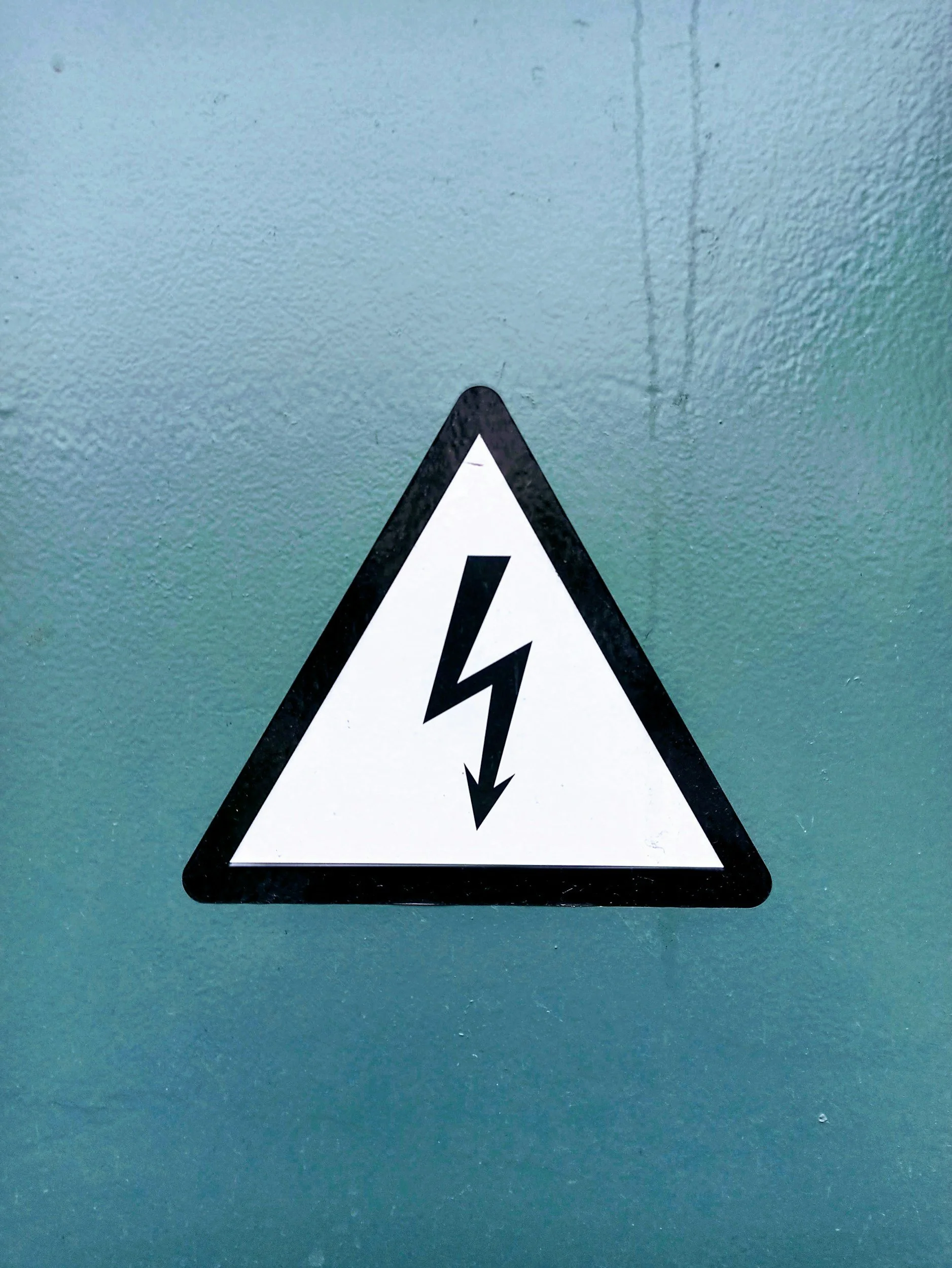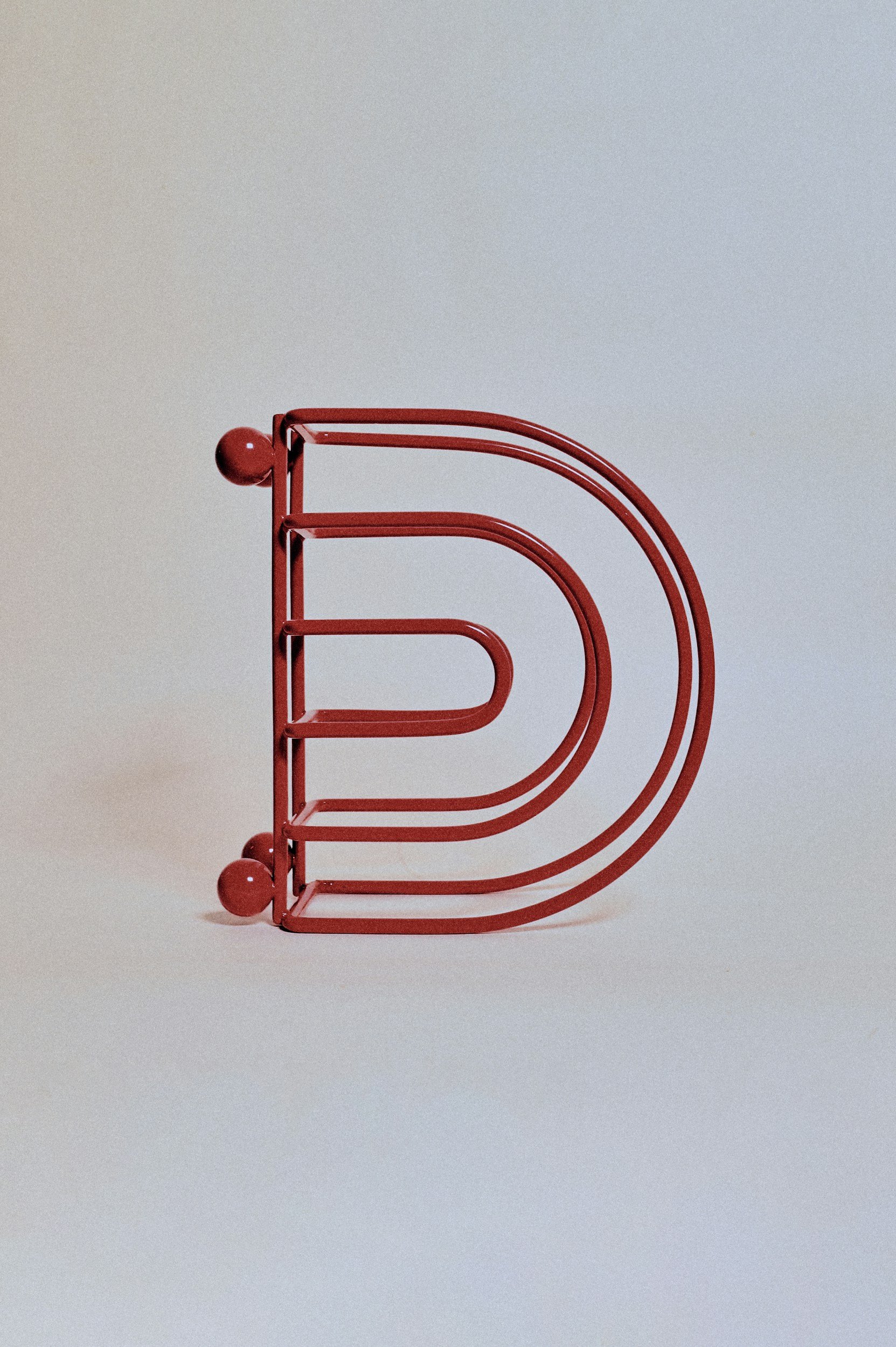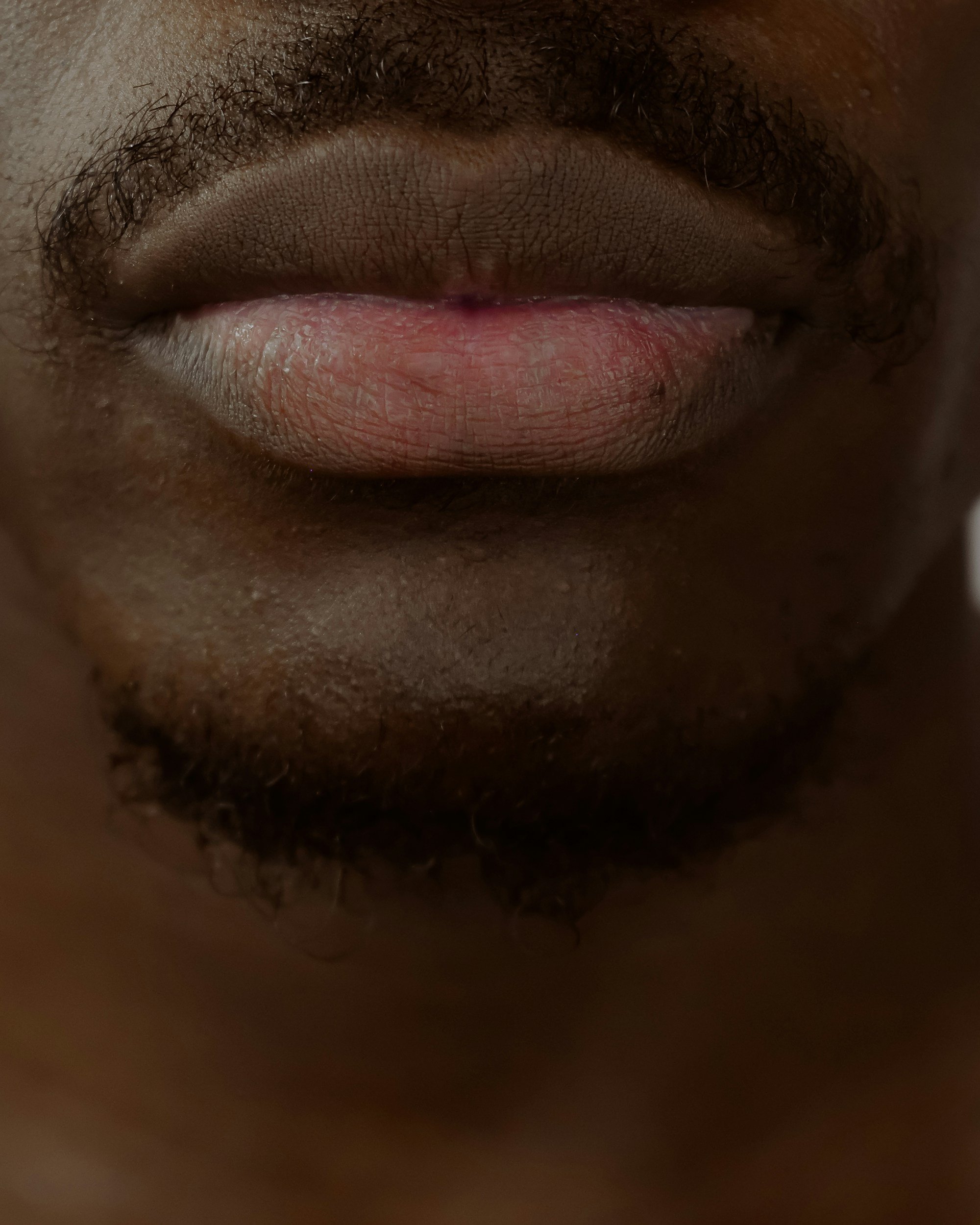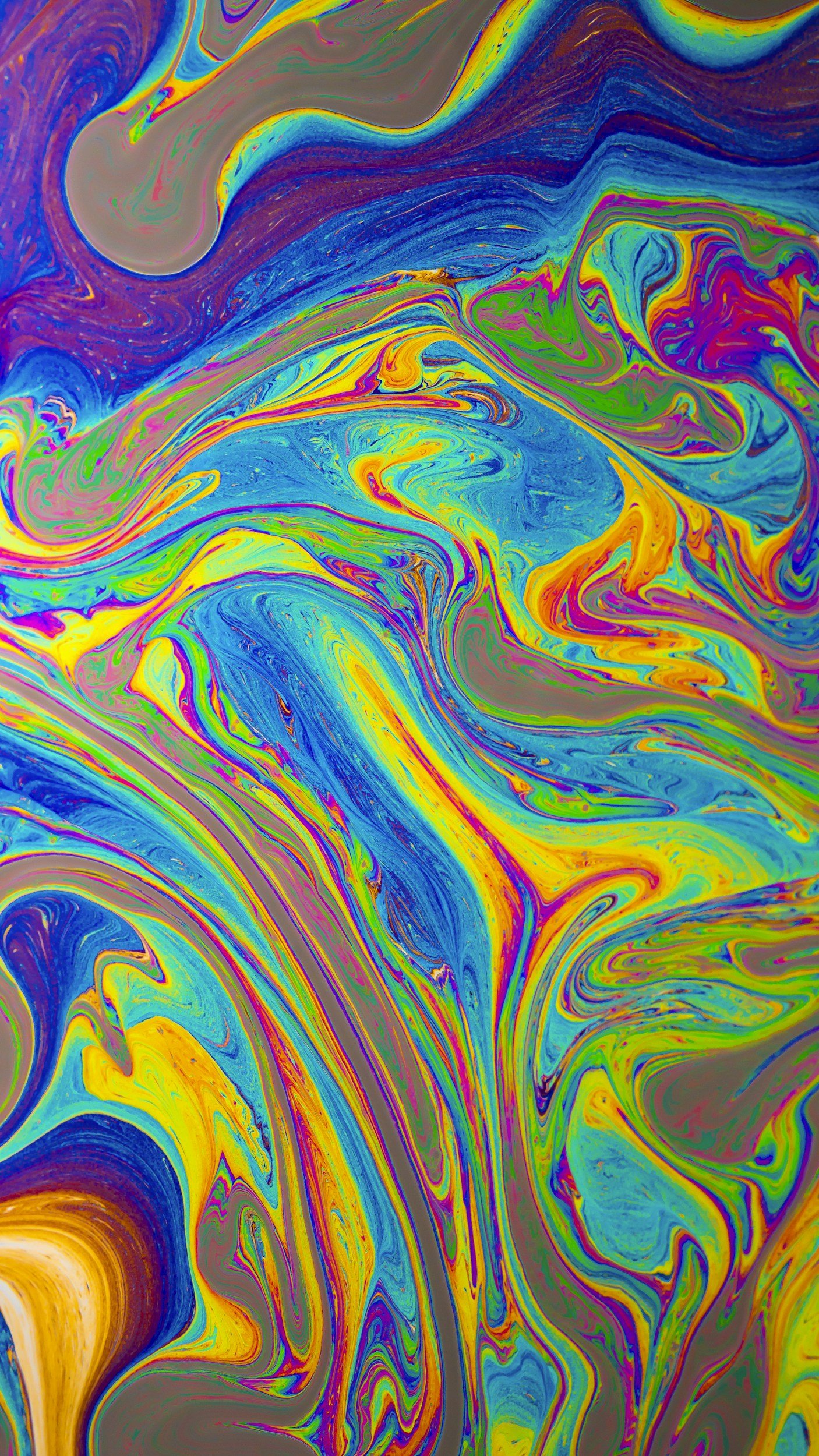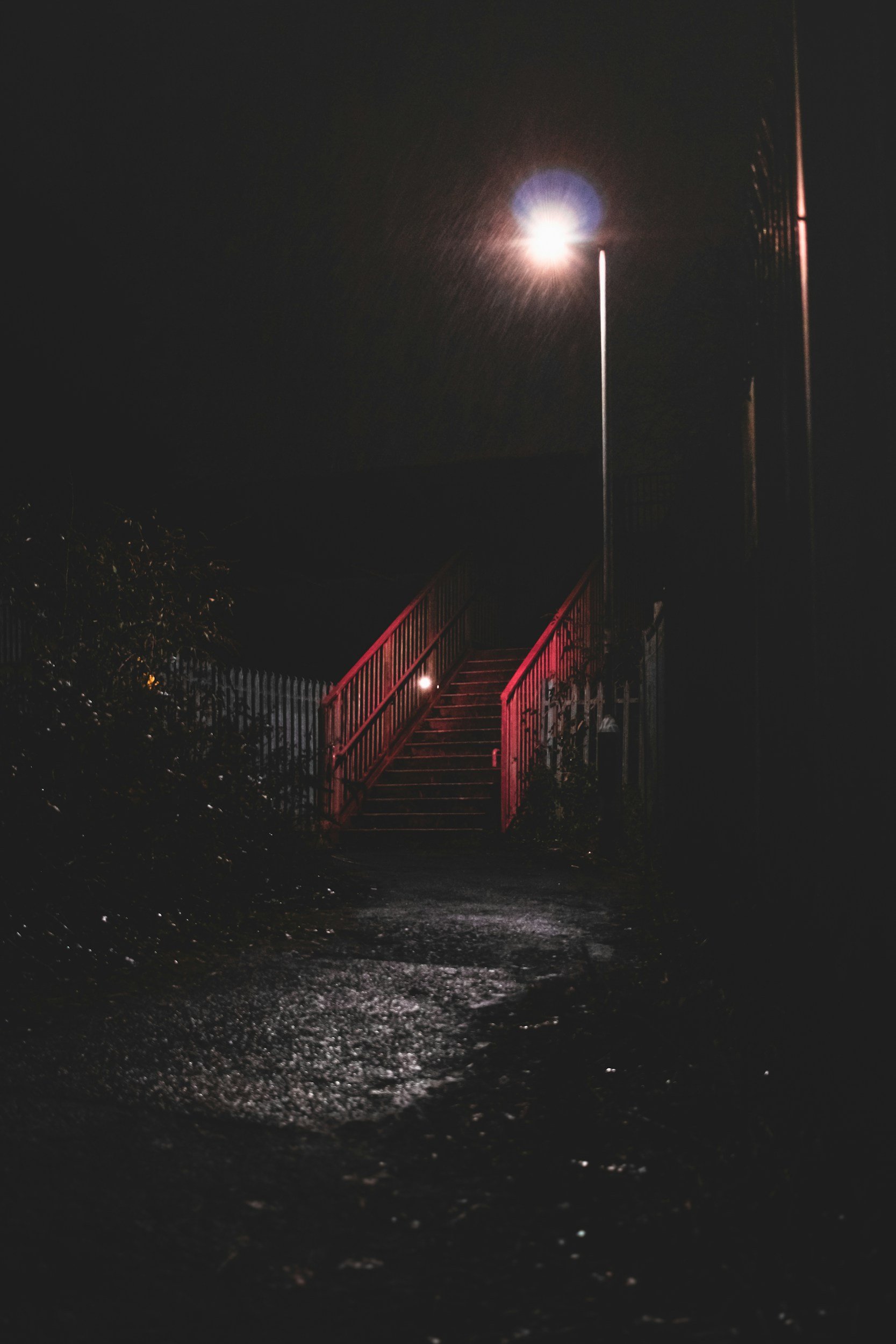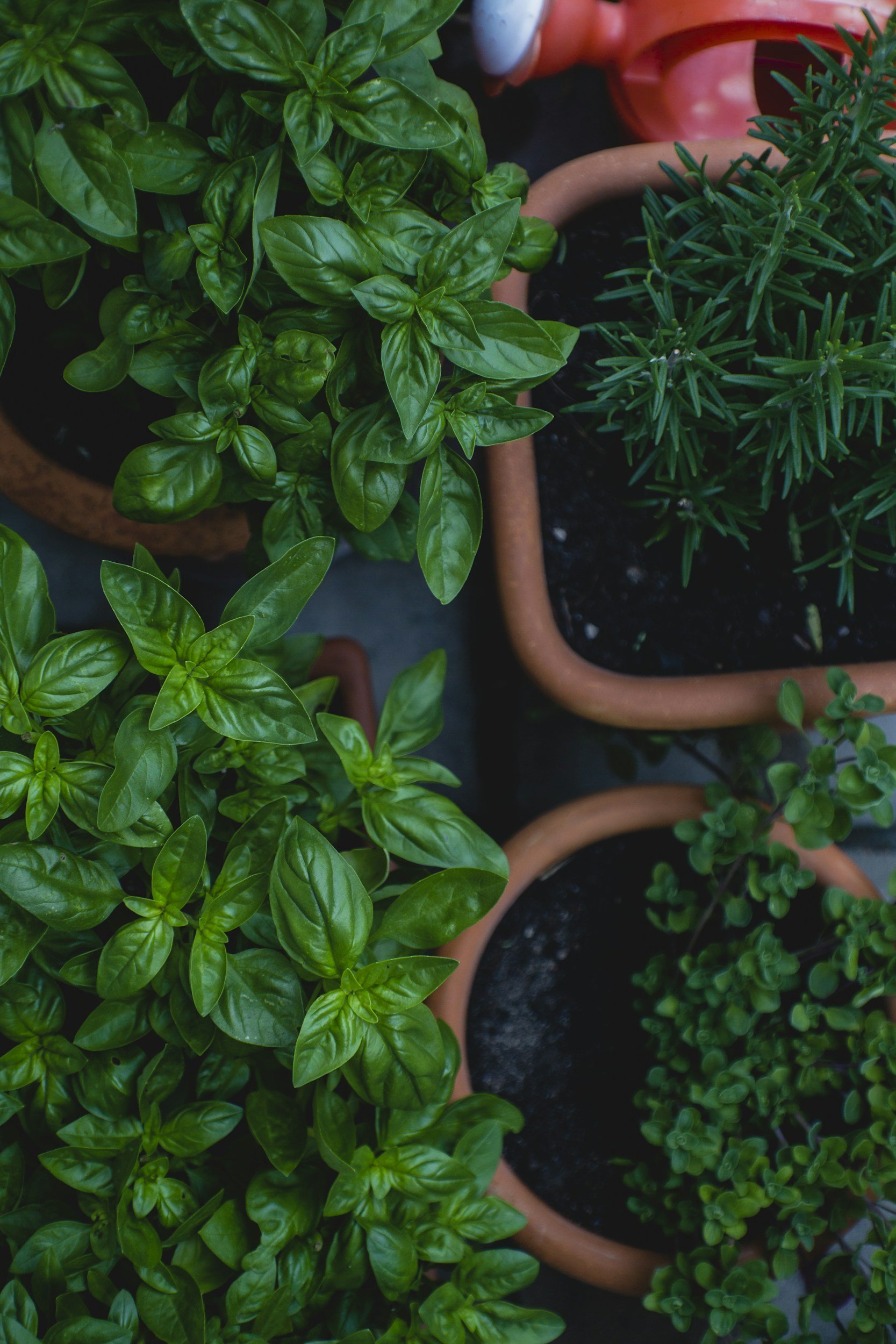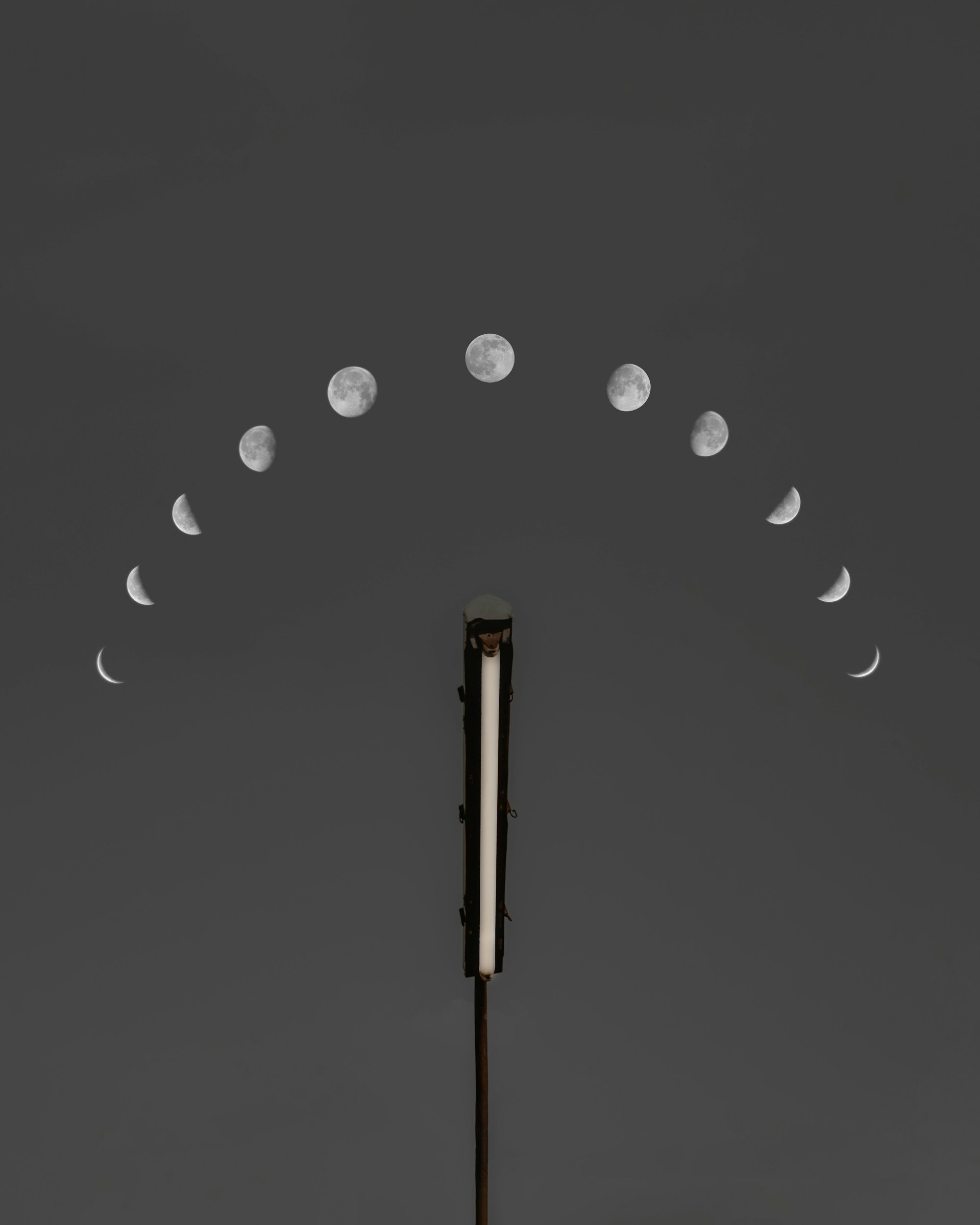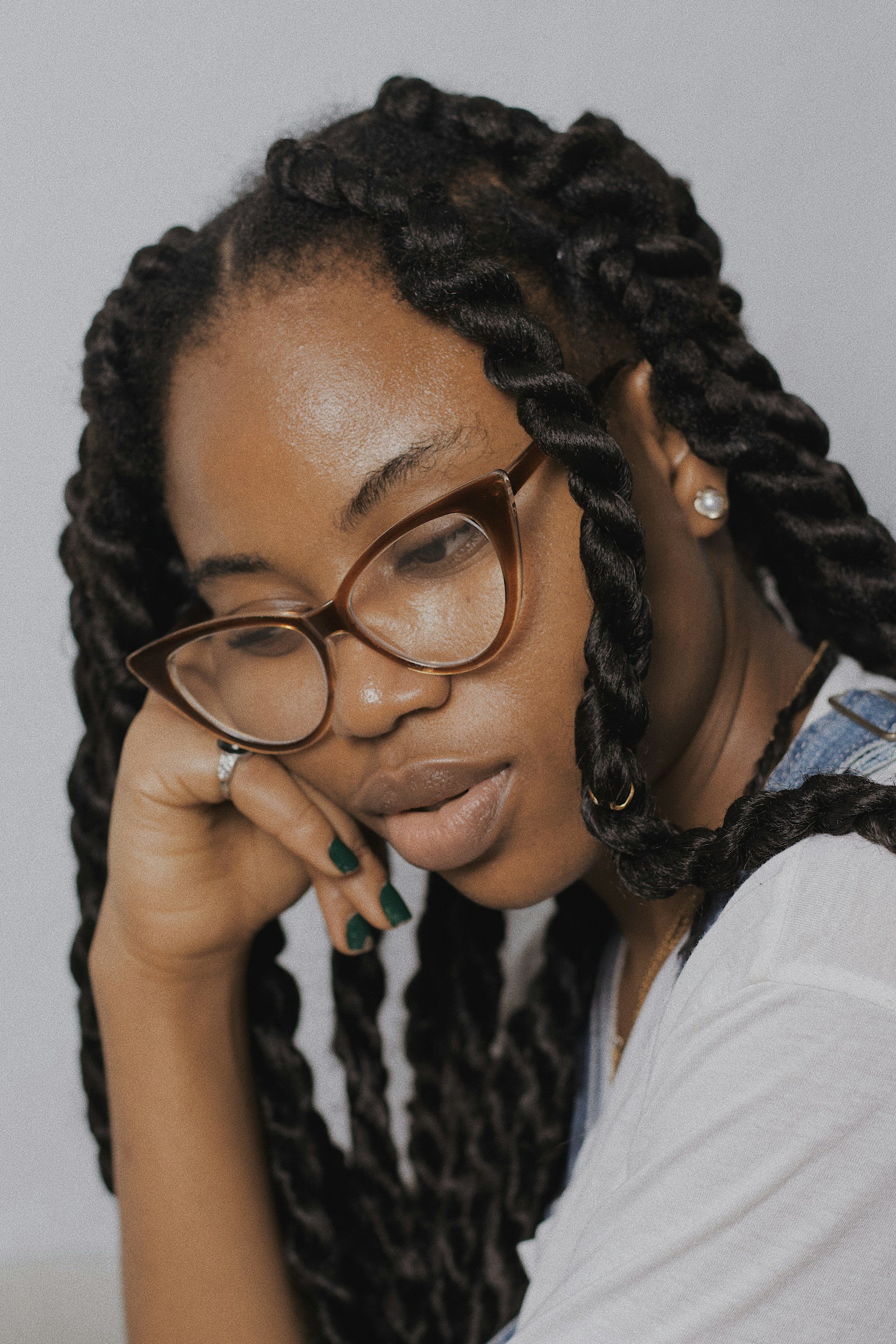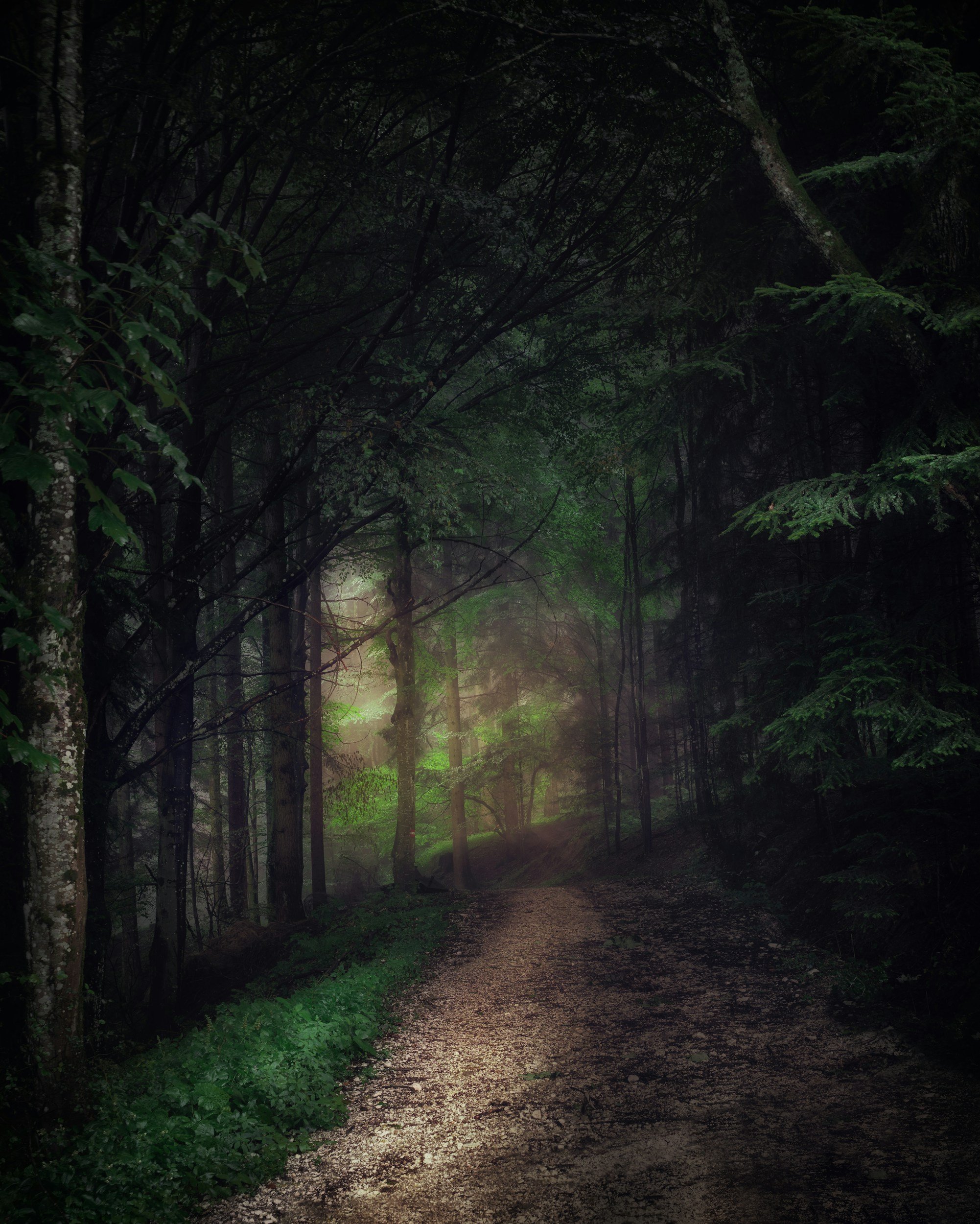10 False Beliefs About Odinani (and What the Truth Really Is)
Odinani, the spiritual and philosophical knowledge system of Igbo people, is very often misunderstood, misrepresented, or viewed through a narrow lens shaped by colonial influences and misinformation. While Odinani is a complex and ancient knowledge system rooted in harmony and balance within nature, as well as reverence for life on earth, several false beliefs persist, clouding its true essence.
Let’s clear the air by concisely tackling 10 common misconceptions about Odinani and setting the record straight.
1. “Odinani is Diabolic.”
This is perhaps the most common misconception about Odinani. Many people assume it is “evil” because it is not widely understood and was vilified during colonial times. However, Odinani is far from diabolic—it contains spiritual indigenous knowledge and belief systems that emphasizes balance, peace, harmony with nature, and respect for all forms of life.
At its core, Odinani teaches us to honor Chineke (the Creative force of life as it is on earth), our ancestors, and the natural world. Its principles are universal, and they focus on living a righteous life, being accountable for one’s actions, and maintaining balance in community. What could be more wholesome than that?
2. “Ancestral Veneration is Fetish.”
Many assume that honoring ancestors in Odinani is “fetish” or superstitious. This could not be further from the truth. Ancestral veneration is a universal practice across many cultures—it’s a way of consiously showing respect to those who came before us, whose sacrifices and DNA + RNA paved the way for our lives today.
In Odinani, ancestors are honored as guides and protectors who still play a role in the wellbeing of their descendants. Our veneration of ancestors is about gratitude, epigenetic sustenance, and connection to one’s roots, not “idolatry.”
3. “Ekwensu is the Devil.”
No, Ekwensu is NOT the devil. This idea came from colonial misinterpretations of Igbo cosmology. Ekwensu in Odinani represents a complex cosmic force and energy, it is Ugo ne tuburu agwo. A force of strategy, testing, chaos (order) and confrontation—sometimes necessary to create change, amongst other things.
Ekwensu is not inherently “evil”; it is an embodiment of duality, just like all forces in nature. Associating this force with the Christian devil completely erases its true role in Igbo spirituality.
4. “Ogbanje is Just Sickle Cell.”
While sickle cell anemia may sometimes align with certain physical traits described in the Ogbanje phenomenon, reducing Ogbanje to just a medical condition is a huge oversimplification. The concept of Ogbanje goes beyond biology; it speaks to spiritual cycles, reincarnation, and a deeper metaphysical connection to life and death.
Ogbanje are mostly seen as special souls who return repeatedly to their families, or incarnate from unknown and unidentified realms of existence, carrying unique spiritual purposes. Understanding this as a micro basis helps us appreciate how Odinani recognizes both the seen and unseen dimensions of existence. In a separate post, we will cover the topic of Ogbanje Phenomena in more details.
5. “There is No Concept of the Afterlife.”
Contrary to popular belief, Odinani has a strong concept of the afterlife. Igbo people believe in Ịlọ Ụwa—the cycle of reincarnation, where souls return to the physical world through their family lineage.
In addition, the spirit continues to exist in the ancestral realm after death, where it can guide and protect its descendants. The afterlife in Odinani is dynamic, cyclical, and deeply connected to the family’s spiritual evolution, to say the least.
6. “Oral Sex is Taboo.”
This is one of those myths that seems to come out of nowhere—Uga Azi! While there are certain taboos around sexual conduct in specific contexts (e.g., rituals), Odinani does not outright ban or demonize oral sex. Sexuality is viewed as a natural part of life and a force of creation.
Odinani emphasizes balance, respect, and mutual satisfaction in relationships. Sexual acts, including oral sex, are considered as intimate connections that can enable deeper bonds—when done with consent and understanding. We will expand more on this subject in a different post.
7. “Women Cannot Break Kolanut.”
The idea that women cannot break kolanut (ọjị) is a misconception rooted in patriarchal distortions of the symbolism of the fruit itself. While there are communities where this practice became male-dominated, many Igbo cultures allow women to break the kolanut in certain contexts, especially when they are elders or heads of households.
Please bear in mind that Igbo culure is not monolithic, and the question of whether or not women can break kolanut falls within the realm of Omenana, which deals with man-made cultures, not Odinani, which deals with universal principles.
8. “All Dibias Stay in Shrines.”
The image of Dibias (mystical masters) being confined to dark, mysterious shrines is outdated and inaccurate. While some dibias maintain shrines as sacred spaces for spiritual work, not all dibias operate this way.
Many dibias live within their communities, blending spiritual work with day-to-day life. They are teachers, healers, herbalists, and counselors who serve the people. Their role is essential to maintaining balance, health, and harmony in society.
9. “We Do Not Have Saints.”
While Odinani does not use the term “saint,” Igbo people recognize exceptional individuals who lived righteous lives and left a positive impact. These individuals are honored as Ndi Ichiee among other titles.
These spirits are usually venerated as guides and protectors, much like saints in other traditions. Odinani celebrates those who exemplify virtue, wisdom, and service to their communities.
10. “Odinani is Practiced by Only Igbos.”
While Odinani is rooted in Igbo culture, its principles resonate far beyond Igbo land. Concepts like reverence for nature, cosmic forces, balance, and ancestral connection are universal.
Many people, regardless of ethnic background, are drawn to the wisdom of Odinani because it speaks to fundamental truths about life, spirituality, and harmony with the universe. Odinani is a gift from ancient Igbo ancestors to the world, and its teachings hold wisdom for anyone willing to learn.
Final Thoughts
Odinani is a spiritual, philosophical, and indigenous (cultural) system that encourages balance, harmony, and deep reverence for life on earth. While it has been misrepresented for years, it is very important to steadily uncover the truth and appreciate the beauty and wisdom it offers.
Clearing these misconceptions can help us all better understand Odinani not as a “diabolic” or “taboo” practice but as a dynamic and deeply spiritual way of life—one that connects us to our ancestors, nature, and the divine forces at play in the universe at large.
Odinani is for anyone seeking truth, balance, and a deeper connection to life itself. Have you encountered any of these misconceptions? What other myths about Odinani do you think need to be addressed? Let’s talk about it in the comments. Yagazie!
